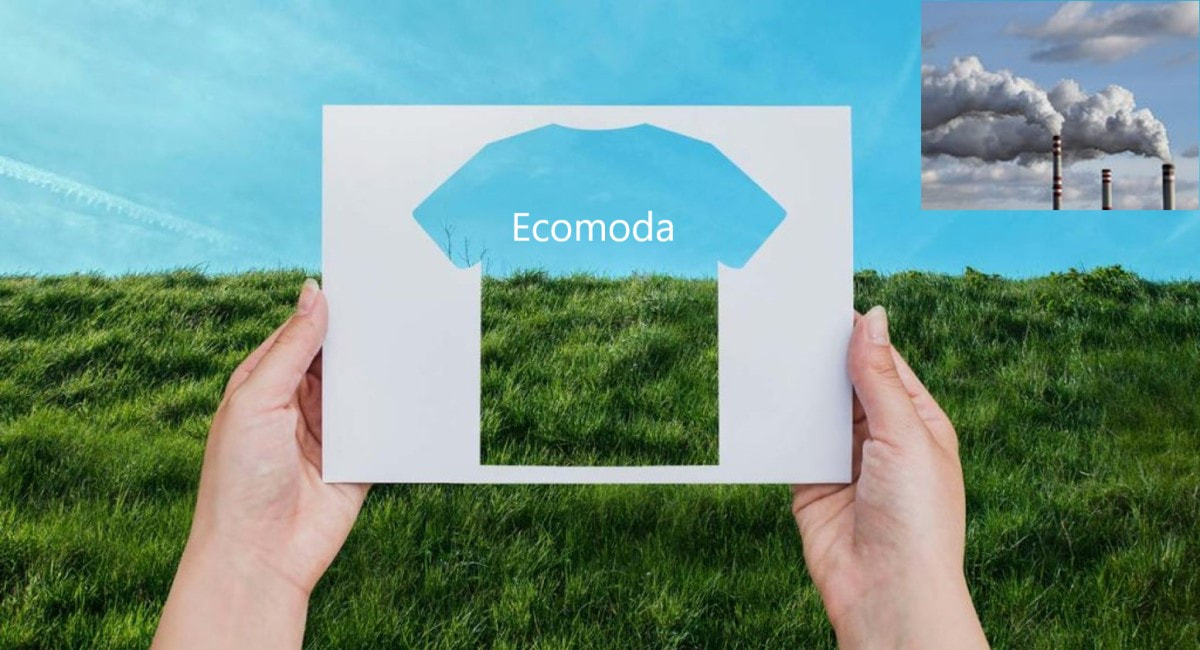The environmental challenges of the garment and textile industriesMore than 70% of textiles and clothing imported into the EU come from Asia (China, Bangladesh, Turkey, India, Cambodia, Vietnam, etc.). However, the EU is still the second largest exporter of textiles and clothing after China, with a textile export value of around USD 66 billion. At the same time, the EU remains the leading importer of textiles and clothing, accounting for more than 23% of global imports, according to the WTO. The industry employs 1.5 million people across over 160,000 companies in the EU, most of which are SMEs, and the EU's annual turnover in 2019 was €162 billion. euro. More than 1,900 chemicals are used in clothing production, 165 of which are classified as hazardous to health or the environment by the EU. In addition, many apparel companies face problems with labor conditions throughout the supply chain from developing countries (Mckinsey, 2016), including child labor, low wages, and health risks. The EU has introduced several regulations to address environmental challenges in the garment industry. REACH (Regulation (EC) No. 1907/2006) prohibits the list of chemical products in the manufacture of clothing. ECOLABEL (Regulation (EC) No. 66/2010) is an optional process that certifies the environmental sustainability of clothing. The EU's recent Sustainable Textiles Strategy initiative aims to help "the EU's transition to a climate-neutral, circular economy where products are designed to be more durable, reusable, repairable, recyclable and energy efficient." The EC has also taken some initial steps on due diligence requirements across the supply chain to address human rights abuses. As among the most polluting industries, but also the most profitable, it is crucial that the textile and clothing sector moves towards a more sustainable and ethical future. According to the International Labor Organization (2019), new skills are and will be increasingly needed throughout the textile, clothing, leather and footwear (TCLF) supply chain, not only in relation to new production processes, but also in areas such as design, finance, new product development, logistics, marketing, sales and customer service. Many of the jobs in these industries are not traditionally perceived as "green/environmental", such as fashion designers or vehicle maintenance technicians. However, the way in which these professional roles are performed can have an impact on the achievement of climate and sustainable development goals. Employers must require an active position from all employees to carry out their activities in a sustainable manner. In the future, it will be increasingly important to upskill and fill the skills gaps of both employers and workers so that they can adapt to new technologies, new materials and the increasing pressure to produce products in a sustainable way. Part of this Article was first published on the CSKC blog content. |
KISMC TeamBlog post by our team, innovation contributors, VIP members, blog guests, etc. Archives
January 2024
Categories
All
|
|
The Knowledge, Innovation and Strategies Management Club is a non-profit organisation set up in Sofia, Bulgaria in 2012 to foster knowledge and innovation management across South East Europe. KISMC is supporting the development of the innovation ecosystem in the region by bridging the gap between education, research and business.
|
© COPYRIGHT 2013- 2021. KISMC. ALL RIGHTS RESERVED.
|


 RSS Feed
RSS Feed